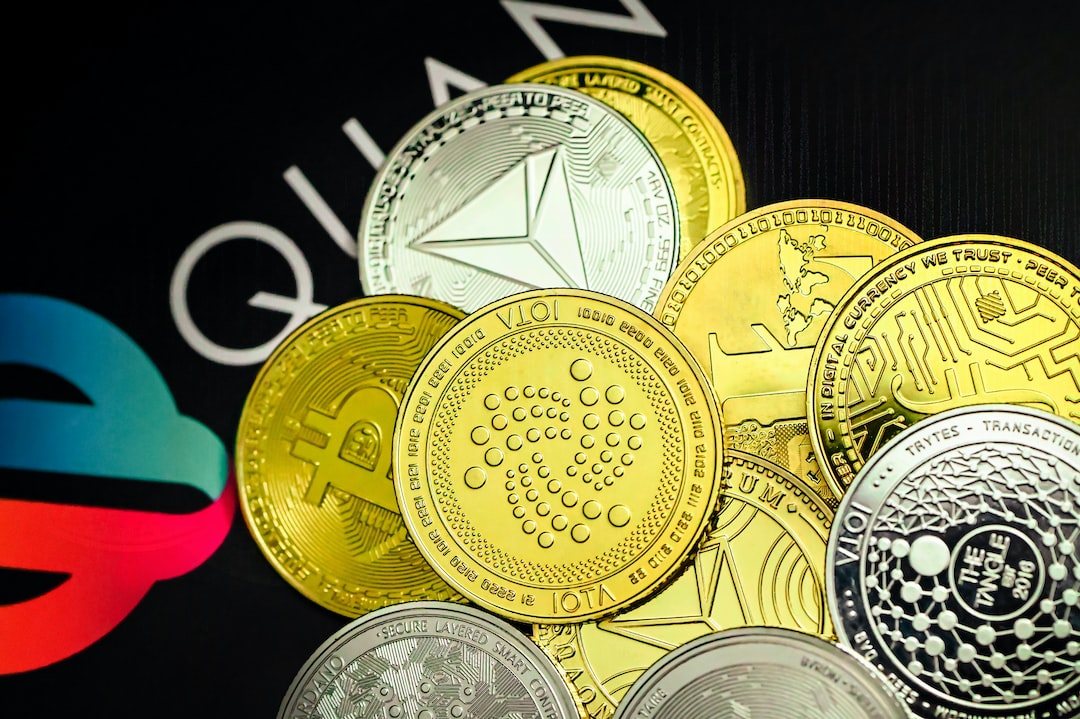The Courts’ Recognition of Virtual Assets in China: What You Need to Know
China’s relationship with cryptocurrencies has been complex, with the government imposing a ban on crypto-related activities. However, Chinese courts have taken a different approach, recognizing virtual assets as legal property protected by the law. Here are the key points to understand:
- The courts recognize virtual assets like Bitcoin as property with economic attributes, despite the national ban on cryptocurrencies.
- The recent report recommends a unified approach to handling crimes involving crypto, balancing personal property rights and broader social interests.
- In September 2022, a lawyer suggested that crypto holders in China are protected by law in cases of theft or breach of a loan agreement.
- In May 2022, a Shanghai court affirmed that Bitcoin should be considered as virtual property and subject to property rights.
- The court’s stance provides hope for the crypto community in China, but there are still legal hurdles to overcome.
Hot Take: While China’s ban on cryptocurrencies remains in place, the recognition of virtual assets as property by Chinese courts is a positive development. It offers some protection to crypto holders and indicates a willingness to balance individual property rights with broader social interests. However, the future of cryptocurrencies in China still faces uncertainty.





 By
By
 By
By
 By
By

 By
By
 By
By